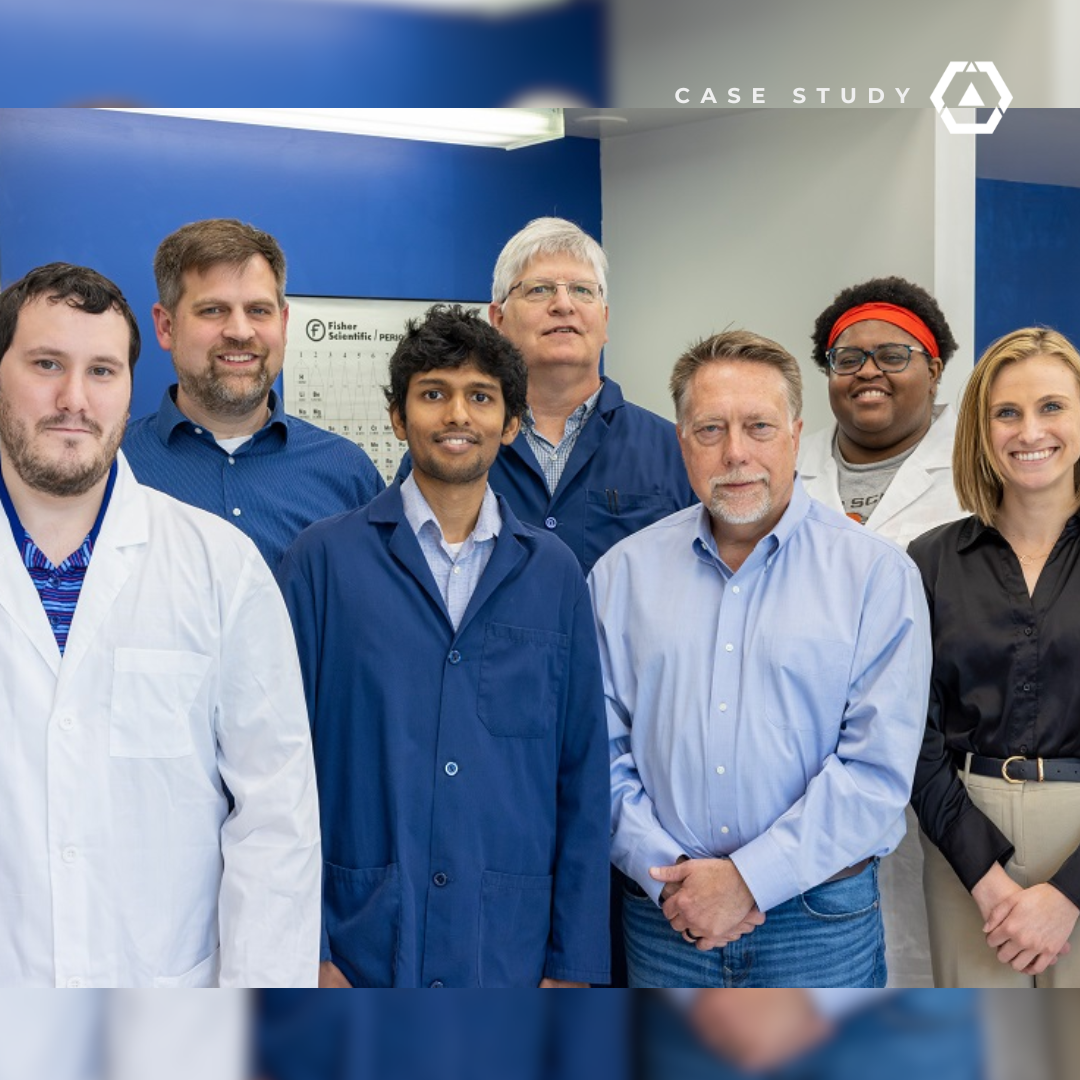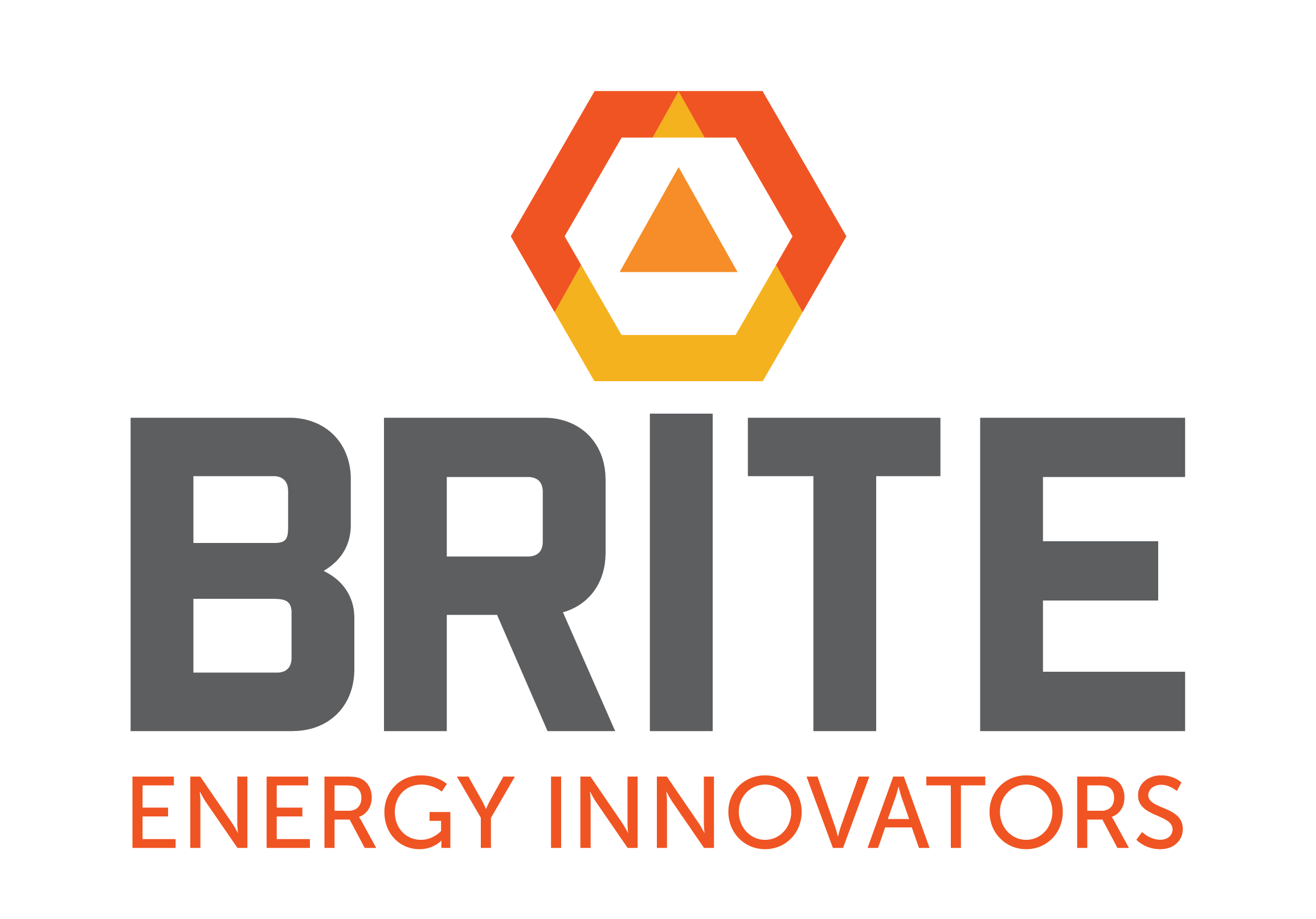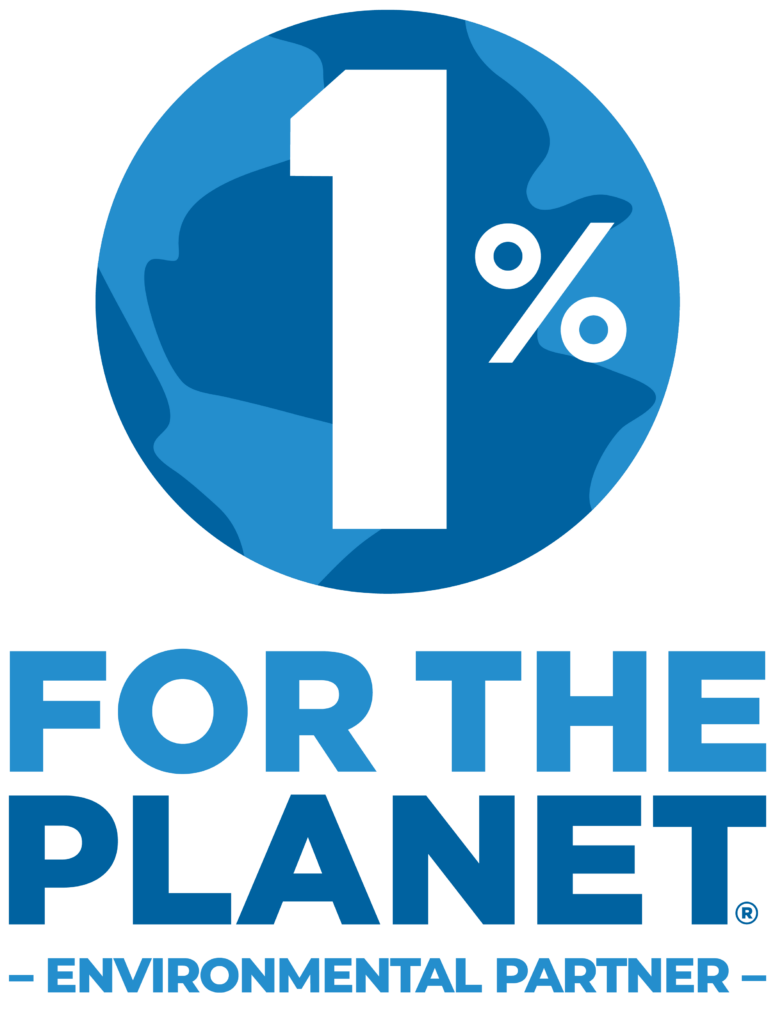Octet Scientific is a developer of specialty additive chemicals for water-based batteries. These batteries offer a cost-effective, non-toxic, and sustainable alternative to conventional lithium-ion and lead-acid batteries. Octet’s path reflects a deep understanding of the overlooked aspects of battery technology, a commitment to research and development, and a strong vision for how we can create and adopt more sustainable energy storage technologies.
From Vision to Venture
Onas Bolton, founder and CEO of Octet Scientific, is a versatile and accomplished scientist with a PhD in material science and an undergraduate degree in chemical engineering. At the beginning of his career, he worked as an organic chemist designing new molecules that solve specific challenges. For instance, molecules that help control where the copper atoms get put on a circuit board. These skills and experiences led him to Cleveland, Ohio, where he continued his organic chemistry work at an industrial installation on the campus at Case Western Reserve University. There he was approached with an offer to move to Berlin, Germany, to head up the organic chemistry team at his company. But his family and friends at home convinced him to give up the offer and give entrepreneurship a try.
Onas thought about his values – caring for the planet, mitigating climate change, and creating a better future for his young children – and hatched the perfect plan to mesh his organic chemistry skills with his passion for change. Thus, Octet Scientific was created to advance energy storage technology by improving battery chemistry. Upon further inspection of the existing market, Onas found that hardly anyone was working to innovate zinc batteries (the first ever type of battery!). One problem with the incumbent zinc battery technology was that they were single-use and had never been able to break into the rechargeable field that other newer batteries were able to.
Leveraging this market opportunity and with help from his friend and colleague Prof. Rohan Akolkar at Case Western Reserve and the Great Lakes Energy Institute, Onas wrote a proposal for a highly competitive National Science Foundation (NSF) grant based on a zinc battery additive that solved an age-old battery challenge – dendrite growth. Even though it was his first such proposal and he knew the odds were long, he remained steadfast in his commitment to researching and developing better batteries. Just in time, the grant came through and Onas was launched into the world of entrepreneurship.
BRITE’s Role
With the NSF funding in hand and a breadth of research left to do, Onas quickly realized that he needed lab space and began to hunt for a different research facility to carry out his operations. Enter BRITE. Onas relocated his headquarters to BRITE’s Energy Labs briefly (and even contributed to the design of BRITE’s wet lab!) and dove straight into advancing their technology, armed with BRITE’s physical resources and supportive team guiding his business efforts.
“BRITE was the first to take me seriously”.
Fast forward almost seven years, Onas has been working with the BRITE team ever since, consulting on fundraising, business plans, and strategic partnerships. The zinc battery market has grown in both interest and size. As Onas originally discovered, the water-based battery market remains widely neglected in terms of innovation, and Octet is finding that new customers, both small and large, are eager to get their hands on Octet’s chemical additives. Because of the general simplicity of their technology, Octet is able to partner with third party manufacturers and suppliers to create their chemical additives with relative ease. With multiple successful grant applications, continued business development advice from BRITE’s team, and six patents to boot, Octet’s main challenge is the speed of battery development research integration (or lack thereof). Despite this challenge, Octet is set to launch a pilot project in 2024* with one of the largest battery manufacturers in North America.
“What BRITE is doing is really impressive. There are a lot of resources for entrepreneurs in the area, but what BRITE’s doing has been best aligned with what we need as a hardtech company. From getting exposure, finding investors, and having real strategic discussions, BRITE has always been happy to help.”
An Equitable, Sustainable Energy Future
At the core of it all, Onas is driven by the idea of sustainability and mitigating the negative effects of climate change to build a better world for the generations to come, including his own children. It’s no secret that we’ve spent over a hundred years building a world reliant on fossil fuels, but founders like Onas and companies like Octet are ready to step up and change the status quo for the betterment of both people and planet. As the world races to find more sustainable energy storage technologies, Onas acknowledges that there is no “one-size-fits-all” solution when it comes to batteries. While lithium-ion battery prices have decreased drastically over the last two decades thanks to manufacturing process improvements, zinc and other aqueous battery technologies are still the most cost-effective and sustainable simply because the materials needed to make them are easier to manufacture and earth-abundant. With Octet’s additive, these already cost-effective batteries become even more long-lasting with a 25% capacity boost.
“Lithium-ion is a fantastic technology, but there are still big challenges ahead with recyclability and supply chain. The batteries that Octet works with are based on materials that last a very long time and are already very easy to recycle… Over a billion dollars’ worth of scrap zinc gets recycled every year in the US just from the steel industry. But, if we wanted to, we could recycle 100% of our double a (AA) batteries.”
It’s clear Onas is an advocate for zinc and other aqueous battery applications, but he notes that battery recycling is still a challenge in the U.S. as infrastructure challenges coupled with a lack of recycling mandates put the U.S. far behind other developed countries like China who has the highest battery recycling rate.
Increasing Battery Consciousness
One area, Onas notes, that is just as undermined as the potential of aqueous battery innovation is the public’s perception of zinc batteries. He expresses, “Zinc is non-toxic and environmentally benign. Zinc batteries are water-based and non-flammable. Aside from being highly sustainable, there are over 50 countries in the world that mine zinc. The U.S. has the largest zinc mine in the world (located in Alaska). Zinc is cheap, safe, and it’s everywhere.”
While those facts are hopeful, Onas feels that zinc and other water-based battery technology still has work to do to out-compete lithium-ion in the public’s eye or on the national power grid. Onas looks forward to the future when rather than wondering what the price-per-barrel of oil is, people will wonder, “What’s in my battery?”.
Looking Forward
Overall, BRITE is thrilled to support Octet as they continue to grow and revolutionize the aqueous battery industry with their simple, effective additive technology. With its recent fundraising success, Octet is now poised to scale up production of its first major product line through 2024. Now raising a Series Seed funding round, Octet has teamed up with the BRITE CXO team to continue to pave the way for a brighter, more sustainable energy storage future. “BRITE has done such a phenomenal job of helping support us in creative ways. BRITE has a certain kind of audacity that is necessary to make things happen for startups here in the Midwest. What (entrepreneurs) are trying to do here is extremely difficult compared to other parts of the country with more established ecosystems. We needed a “homegrown” version of an entrepreneurial service provider that understands the geography we’re in and the unique challenges of the region”.
To learn more about Octet Scientific, please visit https://www.octetsci.com/.



